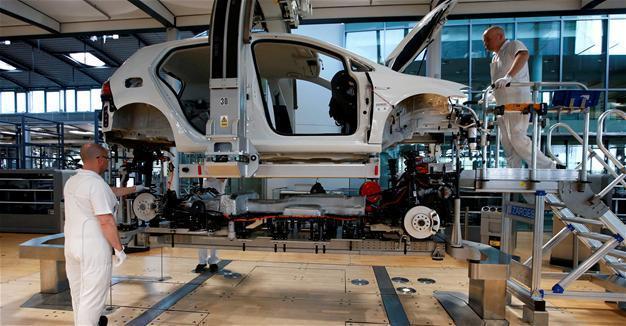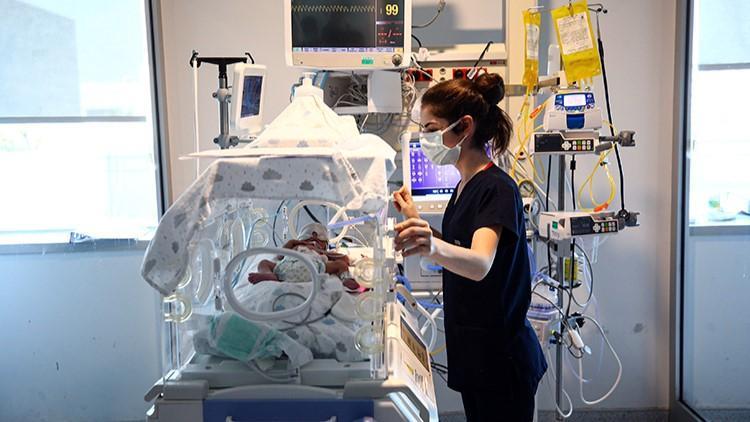German GDP growth slows but remains robust
BERLIN-Reuters
 Strong household spending, rising state expenditure and higher company investments consolidated Germany’s role as the eurozone growth engine in the second quarter, although accelerating imports meant growth came in just below expectations.
Strong household spending, rising state expenditure and higher company investments consolidated Germany’s role as the eurozone growth engine in the second quarter, although accelerating imports meant growth came in just below expectations.Seasonally and calendar-adjusted gross domestic product (GDP) rose by 0.6 percent on the quarter, the Federal Statistics Office said yesterday. This was slightly weaker than the consensus forecast of 0.7 percent in a Reuters poll.
But the growth rate for the first quarter was revised up to 0.7 percent from 0.6 percent, and the April-June expansion marked a 12th consecutive quarter of growth.
“The German economy is proving its staying power, the upswing continues,” Bankhaus Lampe economist Alexander Krueger said, adding that the European Central Bank’s low interest rates were boosting the economy.
The Statistics Office said that growth in the April-June period was mainly driven by domestic demand as households and state authorities increased their spending and companies boosted investment in buildings and equipment.
But overall growth was dampened by net foreign trade since exports rose less strongly than imports, which the vibrant domestic economy sucked in at a higher rate.
“Germany’s economic success story goes on and on and on,” ING Bank analyst Carsten Brzeski said, adding there was very little reason to fear a sudden end to the current performance.
He cautioned, however, that the main drivers supporting the domestic economy, such as rising employment, rising wages and increased government spending, could lose some momentum in the coming quarters.
















